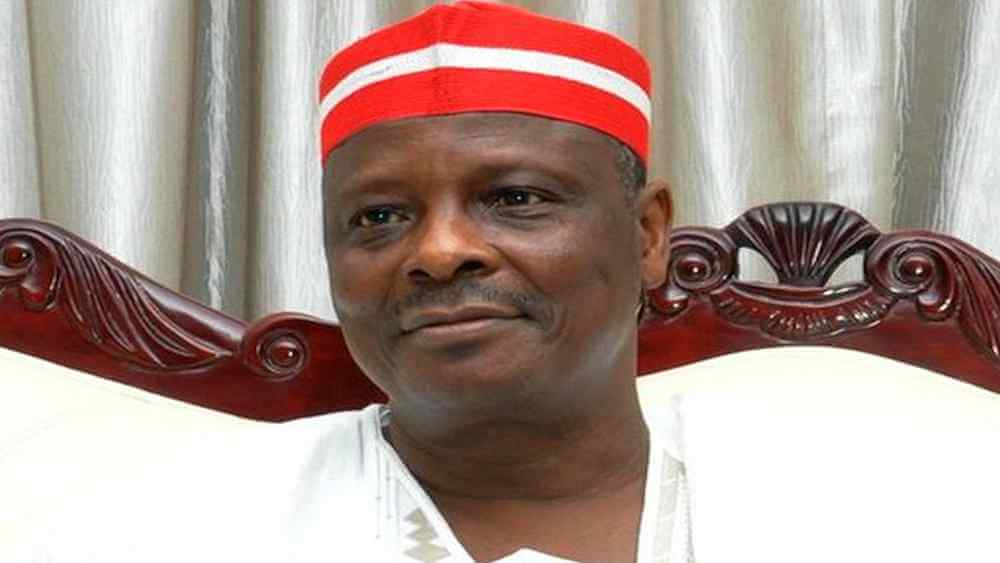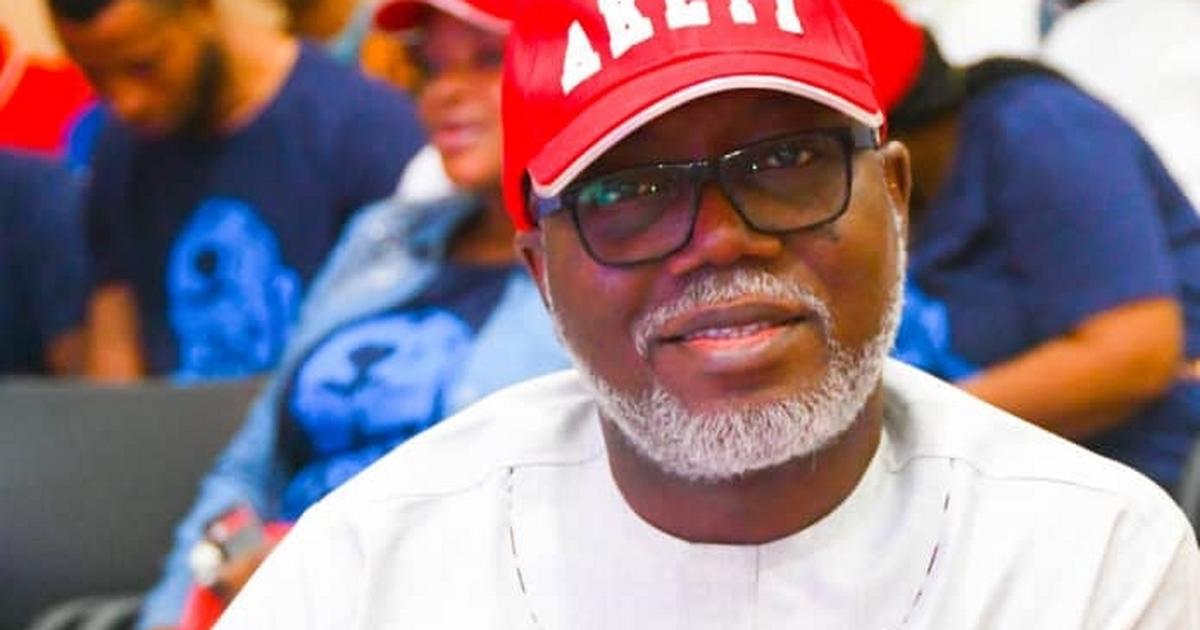News
Police Need 250,000 Rifles, 1,000 APCs, 774 Drones – IG
The Nigeria Police Force needed no fewer than 1,000 armoured personnel carriers and 250,000 assault rifles with corresponding ammunition.
IGP, Mohammadu Adamu, who disclosed this at a public hearing organised by the House of Representatives Committee on Police Affairs, tagged, ‘Repositioning the Nigeria Police for an Enhanced Service Delivery, said the country needed 2,000,000 tear gas canisters and smoke grenades.
Other equipment the IGP said the force required included 200,000 riot gunners and smoke pistols, 1,000 tracking devices, and 774 operational drones, among others.
He also lamented that poor remuneration scared best and suitable applicants away from the police.
As part of efforts to address problems confronting the NPF, President Muhammadu Buhari last year gave the force the go-ahead to recruit 10,000 police officers.
Besides inadequate manpower, the police are also battling with other problems including dilapidated barracks, poor remuneration and low budgetary allocations.
At the House of Representatives event on Tuesday, the IG, who was represented by the Deputy Inspector-General of Police (Operations), Abdulmajid Ali, stated that aggregation of reports by the various police reform committees highlighted the major challenges hindering an optimal service delivery by the police.
In the document he presented to the committee, a copy of which our correspondent obtained, Ali said the challenges included gross underfunding, which he said was caused by inadequate budgetary appropriation and non-release of the limited appropriated funds.
He noted that the budgetary system still remained the envelope system, which he said was not capable of taking care of neither the needs nor wants of the force.
The envelope budgetary system involves the capping of funds at a particular amount notwithstanding the needs of an organisation.
Ali said, “A comparative analysis between Nigeria and South Africa police indicates that while in 2018 the South African police got R46.87bn rand or N1.1372tn for visible policing programme, with a 6.89 per cent growth projection up to 2021/2022 financial year, the Nigeria Police had to do with N35bn appropriation and an eventual release of N20bn for capital and overhead expenditure.”
The DIG also described personnel of the NPF as inadequate to cope with the “expanding and increasingly complex requirements of policing Nigeria’s growing population and crime profile.”
According to him, 302,000 police officers cannot effectively police the country.
Ali explained that poor remuneration and welfare regime, which he said were not only de-motivating for officers, but were not attractive enough for the best and most suitable applicants for police jobs in Nigeria.
“In Kenya, for example, a police constable take-home earning is about 34,907 Shilling or N126,000, whereas his Nigerian counterpart earns unfortunately less than N50,000. Pitiably, this earning comes down to between N12,000 and N18,000 at retirement,” he said.
The DIG also said that paucity of funds had over the years made it impossible for an average police officer to be adequately trained and retrained for an enhanced service delivery.
He stated that improvement in this area would no doubt enhance professionalism in terms of weapon handling, investigation and human rights observance.
On operational equipment, Ali said, “The force needs to improve on its arsenal, as well as technology to combat cybercrime, insurgency and sundry crimes.
“Consequently, not less than 1,000 APCs, 250,000 assault rifles/corresponding ammunition, 2,000,000 tear gas canisters/smoke grenades 200,000 riot gunners and smoke pistols, 1,000 tracking devices, 774 operational drones, among others, (are needed) to cover the length and breadth of the nation.”
While calling on the National Assembly for various legislative interventions, Ali stated the need to review the country’s policing structure.
He said, “In repositioning the Nigeria Police, there is the need to review our policing strategy as a nation. This informs the approval and adoption of community policing as the national strategy for internal security management in Nigeria.
“The community policing model being envisioned for Nigeria is one that will draw on the legal opportunities provided by the Police Act for the engagement of special constables who, in this instance, will be engaged as community policing officers under the coordination of the Nigeria Police towards evolving a community-focused policing architecture.
“When fully operational, the strategy will free up the human and material assets of the Nigeria Police, which are currently tied down to the management of low level crimes, and strengthen our capacity to redirect our assets and operations to high-profile crimes that constitute major threat to community safety and security.”
In his submission, Chairman of the Police Service Commission, Alhaji Musiliu Smith, a retired IGP, also decried inadequate police personnel, many of whom he said were deployed to protect public buildings and very important persons.
“It is from the indicated police strength that personnel are deployed to Presidential Villa, National Assembly, judiciary, top government officials at the centre (Federal Government) and all the states, prominent traditional rulers nationwide, embassies, banks, key/vulnerable points and all levels of police formations throughout the country. No wonder, only skeletal police coverage is available in all police formations nationwide,” Smith noted.
A former Inspector-General of Police, Solomon Arase, and two other retired police officers endorsed the police demand, noting that the NPF needed more capacity to address the insecurity in the country.
Arase noted that crime had increased geometrically across the country, adding that the Federal Government should strive to provide the necessary equipment for the police to confront the insecurity in the country.
Arase stated, “Policing is about man, material mix. Once you have the requisite capacity and you are able to give them the materials to work with, you would now have the moral latitude to hold them accountable for incompetence or ineffectiveness.”
The retired police boss added, “I think the government should look into the request of the IG, it is timely. Crime has increased geometrically, it means the personnel have to be properly equipped to be able to confront the challenges that they are facing.”
He stated, “I would want to appeal to the government and the National Assembly to take a look at it (police request), especially against the backdrop of the harmonization of the previous police reform reports – Danmadami, M.D. Yusuf and Parry Osayande reports.”
Retired DIG Adedayo Adeoye observed that training and retraining were as important as the equipment, noting that provision of hardware alone would not make the police effective.
“Look at the death of the Remo Football Club player which allegedly involved some police officers in Sagamu. How many of our policemen go for retraining after their recruitment into the force? So, training and retraining are very crucial as well as their welfare,” he said.
But retired AIG Austin Iwar observed that the police demand was inadequate, noting that the organisation needed more than the shopping list presented to the lawmakers in view of the level of insecurity plaguing the country.





